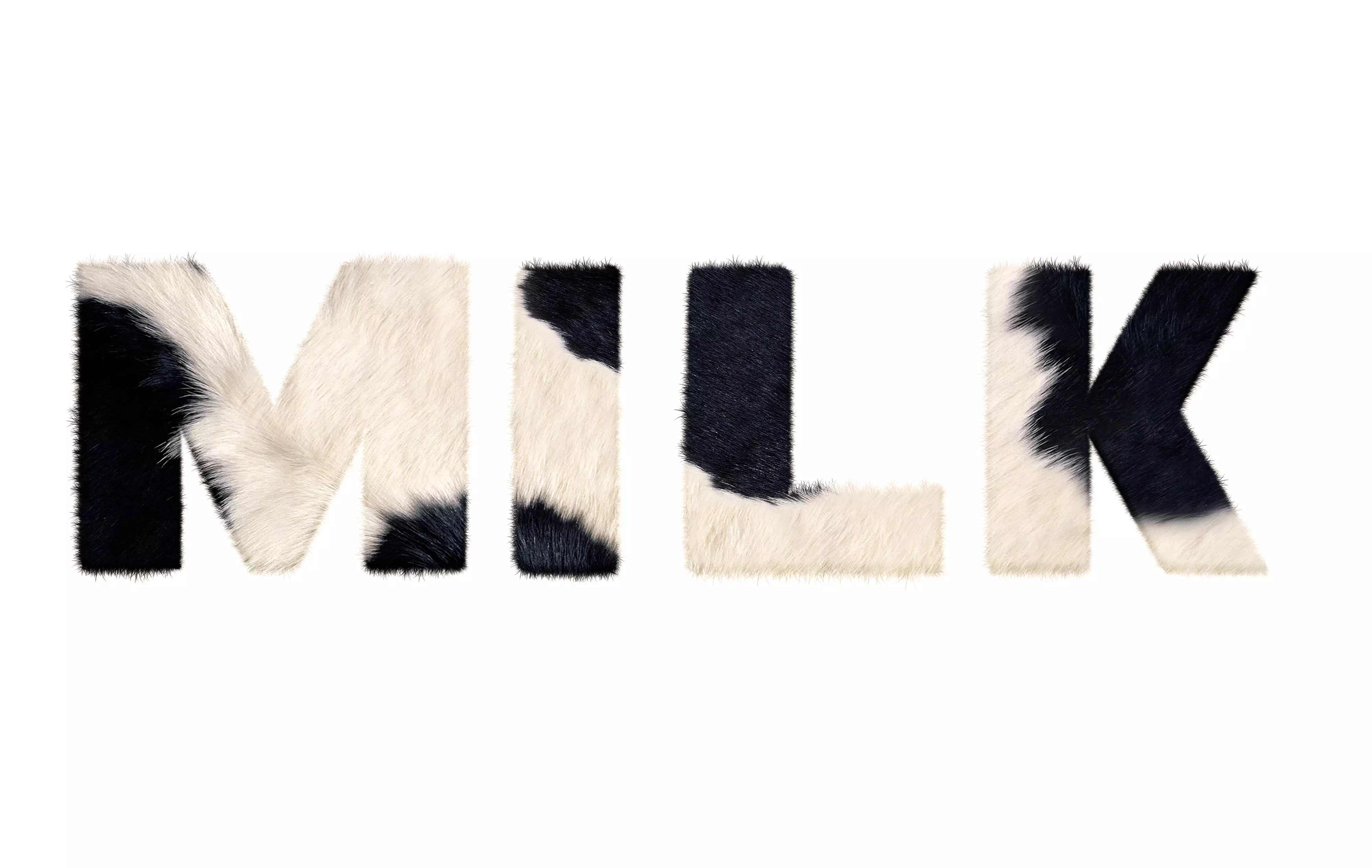 nenepedia.com
nenepedia.comChecking labels and avoiding cow's milk protein in your daily diet
Cow's milk protein is one of the most common allergens found in our daily diet. Many people who suffer from an allergy or intolerance to this ingredient must be very careful when choosing food products. In this article, you will learn how to effectively check labels and how to avoid consuming cow's milk protein.
Cow's milk protein ingredients and labels
When grocery shopping, it is important to read labels on product packages carefully. Cow's milk protein can be hidden under a variety of names, so it's helpful to know common designations such as casein, sodium caseinate, milk powder or calcium lactate. These ingredients are often added to many processed products, so be vigilant and pay attention to their appearance on the label.
You should also know that on some labels cow's milk protein may be labeled as an allergen, milk or dairy ingredient. If you are intolerant or allergic to cow's milk protein, you should avoid products with these labels.
Products containing cow's milk protein
Cow's milk protein is widely used in the food industry, so it can be found in many products. Products such as milk, cheese, yogurt, butter, ice cream, cakes and many others contain this allergen. However, cow's milk protein can also be added to other foods as an ingredient or preservative, so it's important to watch out for even a seemingly innocent product.
Often manufacturers indicate on labels whether a product contains cow's milk protein, but it is not always obvious. Therefore, you need to be vigilant and read the composition of the product to make sure it does not contain this allergen. If you are unsure whether a product contains cow's milk protein, it is best to consult a doctor or nutritionist.
Alternatives to cow's milk protein
People who cannot consume cow's milk protein fortunately have a growing number of alternatives. There are plant-based milks on the market, such as rice milk, almond milk, soy milk and coconut milk, which are good substitutes for cow's milk. Many manufacturers also offer plant-based cheeses and yogurts that do not contain cow's milk protein.
It is important to read the labels of these products, as some may contain other allergens, such as nuts or soy. If you have additional allergies or intolerances, always check the ingredients before purchasing.
Summary
Avoiding the consumption of cow's milk protein is extremely important for those suffering from an allergy or intolerance. Remember to check package labels carefully and look for cow's milk protein labels. Try to avoid products that potentially contain it and always make decisions based on your own needs and health. Also be aware of alternatives, such as plant-based milks, which can become your healthier and safer choice.
Add comment